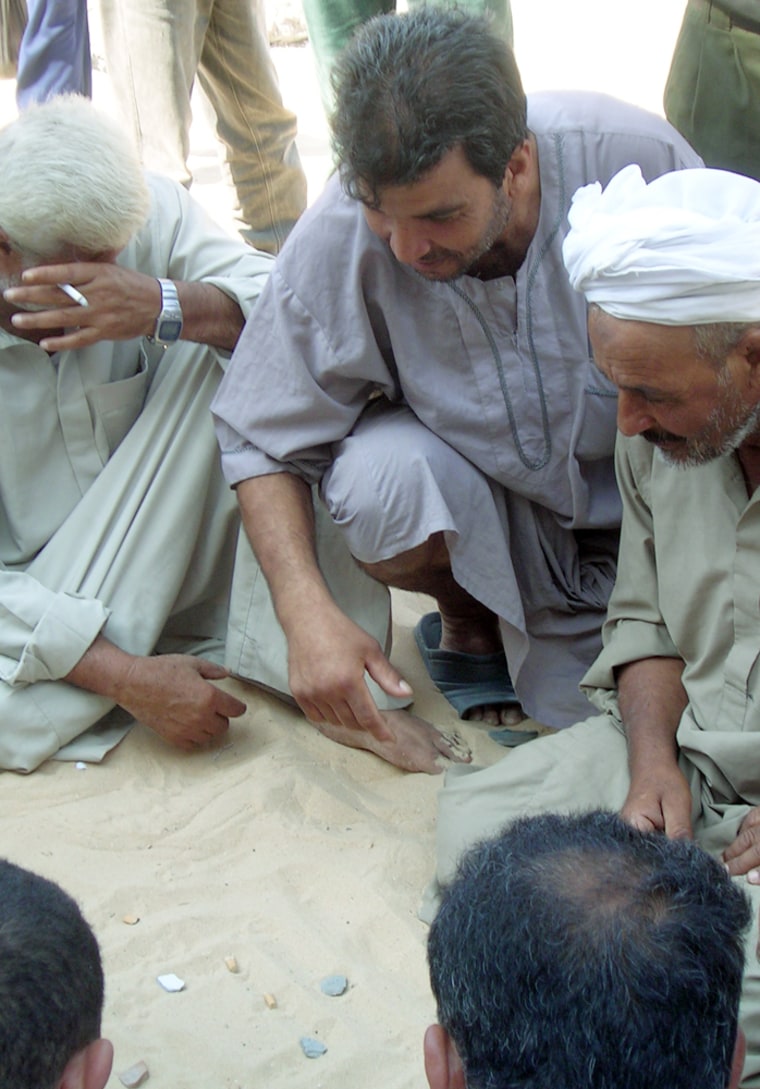Rafah is a town under siege.
Israeli tanks and bulldozers are rumbling across farms and crushing houses as troops take up positions on the edge of this dusty town on the Egyptian border.
It was in this area of southern Gaza that Hamas militants used tunnels to cross into Israel and attack an army post on June 25, killing two Israeli solders and kidnapping a third.
Trapped in Gaza
Israel has said the siege on Gaza will not end until Corporal Gilad Shilat is released.
Troops also want to put a stop to the barrage of rockets that have been fired from this region by Palestinian fighters.
Some of the Israeli tanks have moved within a quarter mile of the hospital in Rafah, a facility overwhelmed with casualties from the weeks of fighting and the almost daily airstrikes from Israeli fighter jets.
This is the deepest incursion yet into southern Gaza by Israeli troops and they’ve effectively cut off this entire region.
Said Atta feels trapped in his own home. He hasn’t had electricity in weeks. There is no running water. Gunfire echoes down the alley as another ambulance races by. The constant sound of an Israeli drone buzzes overhead.
Atta’s children play in the doorway as an elderly woman hobbles across the room with the help of a walker. Since the fighting began weeks ago, there is no electricity, no running water.
“My children are too young; my relatives too old to move,” Atta says. “I have no where else to go.”
Abandoning home
Most of his neighbors are already gone. Thousands have fled as the war advances. Some are staying in abandoned schools.
Refugees are also crowding into places like Khanyones, three miles north of Rafah, where the only fresh water comes from two spigots in the center of town. Women and children fill containers with fresh water.
The economy is in ruins. Empty shops line the dirty streets.

Nearby, shopkeepers and farmers who’ve lost their jobs are left with nothing to do but play backgammon in the sand with rocks and cigarettes butts.
Ehmed Moarmer, who worked in the orchards, moved his family to Khanyones to get away from the fighting.
He is now living with fourteen relatives in a two-room house made of concrete blocks. There is no electricity or running water.
Even here, his wife says, the children can still hear the shooting at night.
Moamer shakes his head in frustration about how the conflict will end.
“Yes, we must recognize Israel,” Moamer says. “But Israel must also recognize us.”
For now, peace in Gaza may be as elusive as a board game in the sand.
NBC correspondent Charles Hadlock is on assignment in the Middle East.